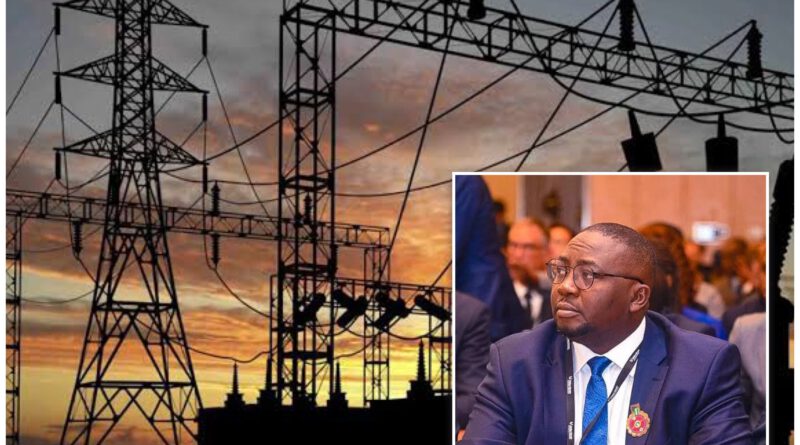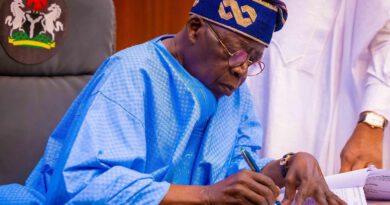Double Jeopardy for Nigerians as National Grid Suffers 6th Collapse in One Year Amidst Rising Electricity Tariffs
By Taiwo Olapade
Nigerians were once again plunged into darkness last night as the National Grid suffered its sixth collapse in the past year.
This ongoing issue has caused widespread frustration, leaving the nation in avoidable and unnecessary blackouts. The collapse comes at a time when many communities across the country have raised concerns and staged peaceful protests over being migrated to Band A, a tariff category, without their consent.
In response to these protests, various electricity distribution companies claimed that the National Electricity Regulatory Commission (NERC) was responsible for the migration, citing at least 20 hours of power supply per day to the affected consumers as justification.
However, many Nigerians, speaking with *The News Now* online platform, believe that the Minister of Power, Mr. Adebayo Adelabu, should focus on metering households and businesses without meters, to put an end to the era of “crazy bills,” which many view as an unfair burden on vulnerable citizens.
Economic and financial experts also warn that businesses, already struggling due to the current economic climate, face even greater challenges with the recent fuel price hike, which has seen pump prices rise above ₦1,000 per litre.
With fuel no longer a cost-effective option for powering homes and businesses, Nigerians are asking: Should the Minister of Power be held accountable for the ongoing electricity crisis? And why has the recurring collapse of the National Grid defied all solutions?
It is indeed a “double jeopardy” for the country at the moment. Some citizens are also questioning whether neighboring countries such as Niger, Togo, and Benin Republic, which receive electricity from Nigeria, experience the same fate when the National Grid fails.
According to the regulatory commission, the portion of power supplied to these neighboring countries must not exceed 6% of Nigeria’s total grid electricity at any time. Meanwhile, investigations reveal that many 500 KVA transformers, which connect power to homes, are over 30 years old and long overdue for replacement.
Minister Adelabu, Nigerians are calling on you to prioritize the well-being of the people by addressing these issues rather than implementing policies that exacerbate the already difficult conditions for millions of citizens.
Taiwo Olapade, a broadcast journalist writes from Lagos.




